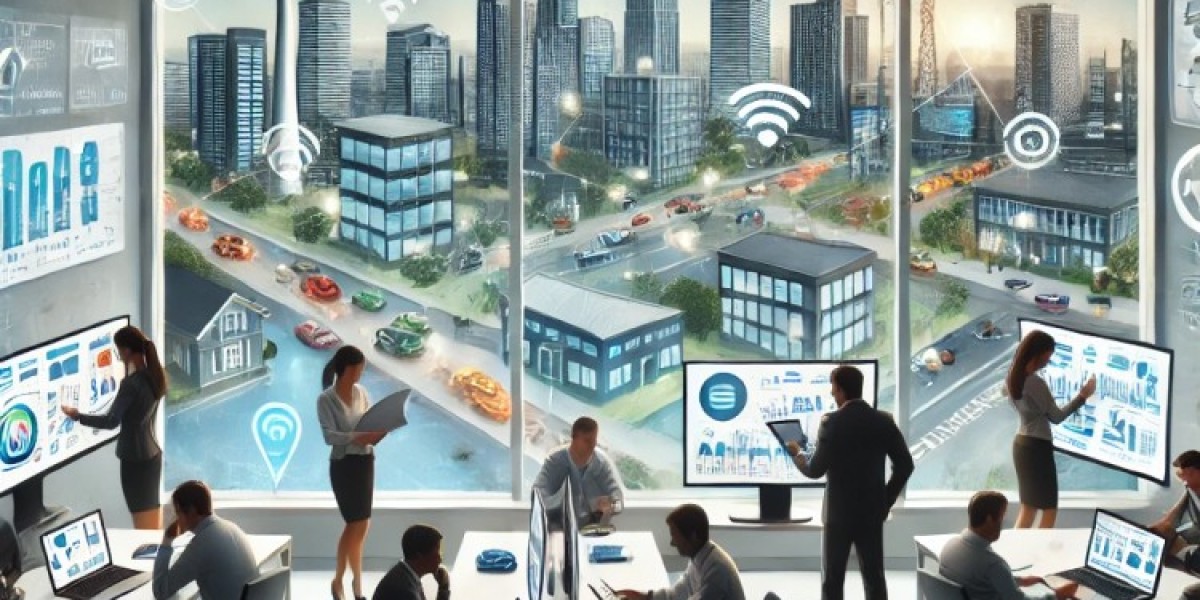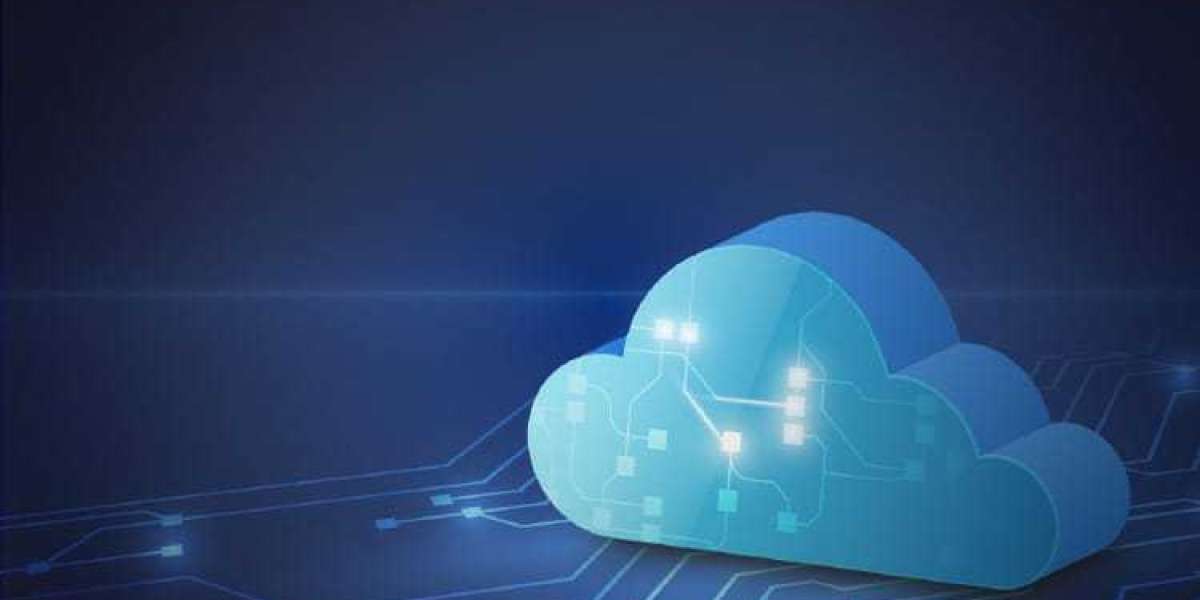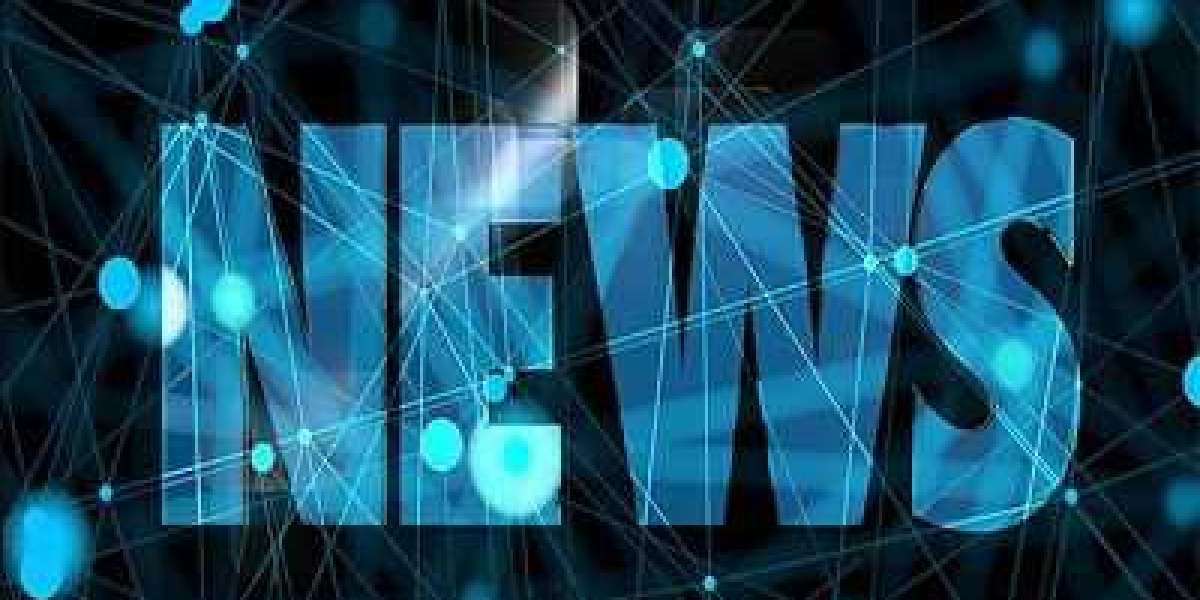The rise of Internet of Things (IoT) technology has introduced a new era in urban planning and infrastructure. As cities become more populated, the need for efficient, responsive, and sustainable solutions grows. IoT development companies play a crucial role in creating smarter cities, where data-driven solutions address issues related to traffic, waste management, energy consumption, and public safety. This blog explores the contributions of IoT development companies and their transformative impact on city living.
Understanding the Role of IoT in Smart Cities
Smart cities are urban areas that utilize IoT technology to collect and analyze data for improved decision-making and operational efficiency. IoT development companies create and manage interconnected systems that allow devices to communicate and work together. By harnessing this network of connected devices, these companies enable real-time insights that facilitate faster responses and better resource allocation, helping to improve the quality of life for residents.
Key Areas IoT Development Companies Focus On
- Traffic Management and Transportation
One of the most critical areas of focus for IoT development companies in smart cities is transportation. Traffic congestion is a major issue in urban areas, leading to pollution, increased fuel consumption, and delays. IoT-based solutions can collect data from traffic lights, road sensors, and even connected vehicles to manage traffic flow dynamically. By optimizing traffic signals and providing real-time updates to commuters, these solutions significantly reduce congestion and enhance public transportation efficiency.
IoT development companies often work closely with city governments to install smart traffic systems that adapt based on traffic patterns and real-time data. These systems can reduce the time spent in traffic, decrease emissions, and improve overall urban mobility.
- Energy Management and Sustainability
Sustainable energy use is another area where IoT development companies have a significant impact. By using IoT devices to monitor energy consumption in real-time, cities can optimize usage and reduce waste. Smart meters and connected grids provide both consumers and providers with insights into energy usage patterns, allowing for better demand response strategies and reduced energy costs.
These IoT-enabled solutions also integrate renewable energy sources, such as solar and wind, more effectively. By balancing the energy supply and demand, IoT development companies help cities move toward greener, more sustainable energy practices, aligning with global environmental goals.
- Public Safety and Emergency Response
Enhancing public safety is a priority for any city, and IoT development companies have been instrumental in developing systems that make cities safer. Through connected surveillance cameras, sensors, and emergency alert systems, IoT-based solutions can detect incidents, such as fires, accidents, or security breaches, and immediately notify emergency responders.
Additionally, IoT systems can support emergency response efforts by providing first responders with critical data about the location and severity of incidents. By reducing response times and improving situational awareness, IoT development companies contribute to a safer environment for residents.
- Waste Management and Environmental Monitoring
Efficient waste management is essential in maintaining a clean and livable city environment. IoT development companies design solutions that allow cities to monitor waste levels in real-time, optimizing collection routes and reducing unnecessary fuel consumption. Smart bins equipped with sensors alert waste management teams when they are nearing capacity, streamlining the collection process and reducing costs.
Moreover, IoT technology can monitor environmental factors such as air quality, water levels, and soil conditions. By keeping track of these metrics, cities can take proactive measures to address pollution and environmental hazards, enhancing the overall well-being of their residents.
- Smart Building Management
Another significant area of focus for IoT development companies is smart building management. Buildings in smart cities use IoT systems to monitor and control lighting, heating, and ventilation systems, optimizing energy usage and reducing operational costs. Smart sensors can detect occupancy and automatically adjust lighting and temperature to conserve energy. These systems are crucial in creating eco-friendly, efficient buildings, which contribute to the city's sustainability goals.
In commercial buildings, IoT-enabled predictive maintenance systems can detect equipment malfunctions before they become significant issues, saving money and reducing downtime. As a result, IoT development companies enable smarter, more sustainable urban infrastructure that benefits both residents and businesses.
Challenges and Opportunities for IoT Development Companies
While IoT development companies are driving innovation in urban areas, they face several challenges. Data security is a primary concern, as smart city systems collect vast amounts of sensitive data. IoT development companies must implement robust security protocols to prevent cyberattacks that could compromise city infrastructure. Additionally, integrating IoT solutions across various city systems requires overcoming compatibility issues and ensuring seamless communication between devices from different vendors.
Despite these challenges, the future of IoT development companies is bright. With rapid advancements in technology, such as 5G connectivity and artificial intelligence, IoT systems are becoming more reliable, scalable, and efficient. These innovations will open up new possibilities for IoT development companies to provide even more sophisticated solutions that will enhance city living further.
The Future of Smart Cities with IoT Development Companies
As more cities across the globe recognize the benefits of IoT technology, the demand for specialized IoT development companies continues to grow. These companies are at the forefront of a movement that is reshaping urban life. By providing innovative solutions in areas such as traffic management, energy conservation, public safety, and environmental monitoring, IoT development companies are not only making cities smarter but also more sustainable.
In the coming years, we can expect IoT development companies to expand their services and offerings as new technological advancements emerge. From AI-powered predictive systems to enhanced data analytics, these innovations will enable cities to become even more interconnected and adaptive, ultimately fostering environments that are not only smarter but also more resilient.
Conclusion
The evolution of smart cities relies heavily on the contributions of IoT development companies. Their expertise in connecting, analyzing, and securing IoT systems has proven indispensable in addressing urban challenges and improving the quality of life for residents. As cities continue to grow and adapt to the demands of modern life, IoT development companies will remain essential partners in building a future where technology and urban living coalesce seamlessly for a smarter, more sustainable world.


